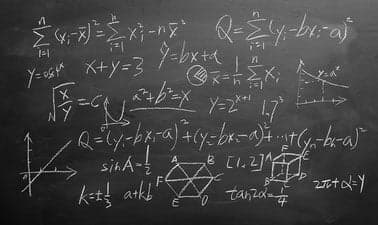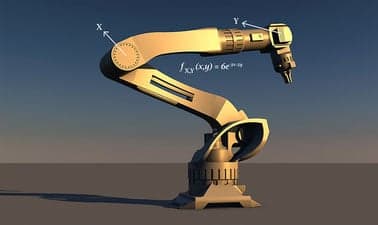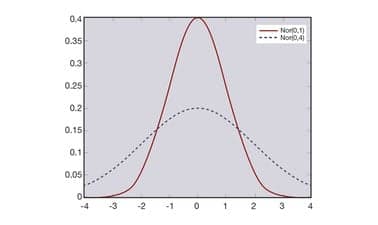RWTHx: Statistical and Probabilistic Foundations of AI
'Statistical and Probabilistic Foundations of AI' provides an accessible overview of the mathematics and statistics behind fundamental concepts of data science, machine learning, and artificial intelligence. It covers descriptive and exploratory data analysis and a brief introduction to inferential statistics. It provides the principles of probability necessary to understand the methods used in inferential statistics and machine learning at an introductory level.

- Certification
- Certificate of completion
- Duration
- 7 weeks
- Price Value
- $ 99
- Difficulty Level
- Intermediate








